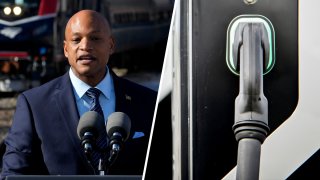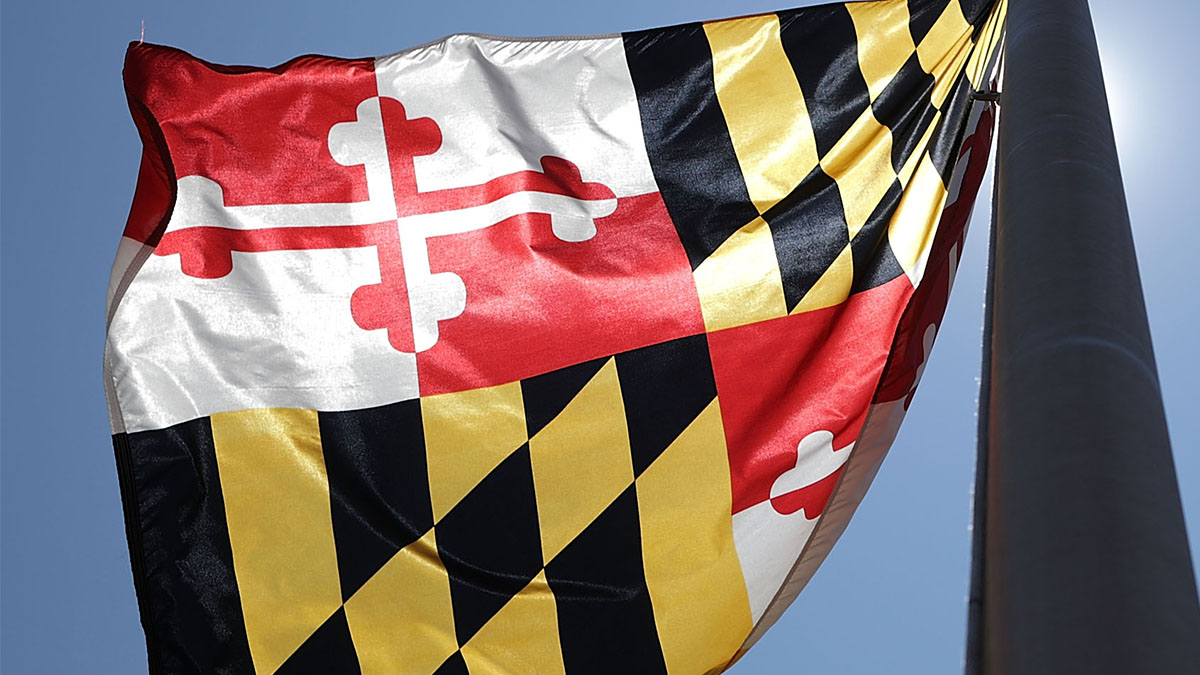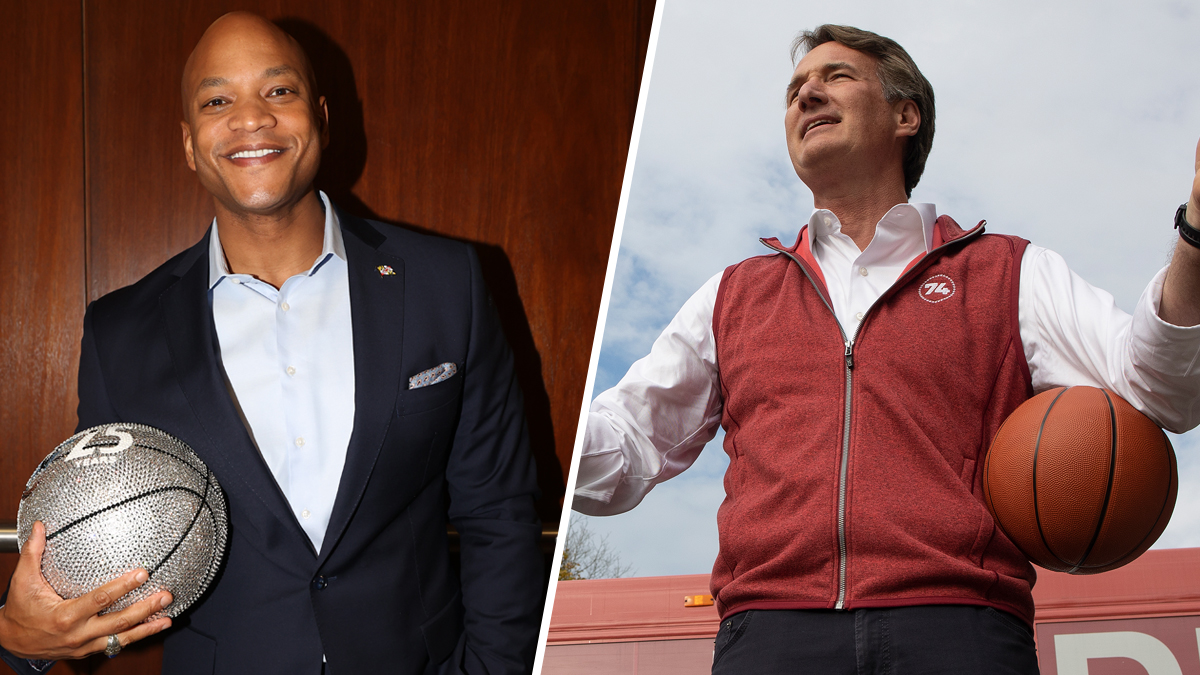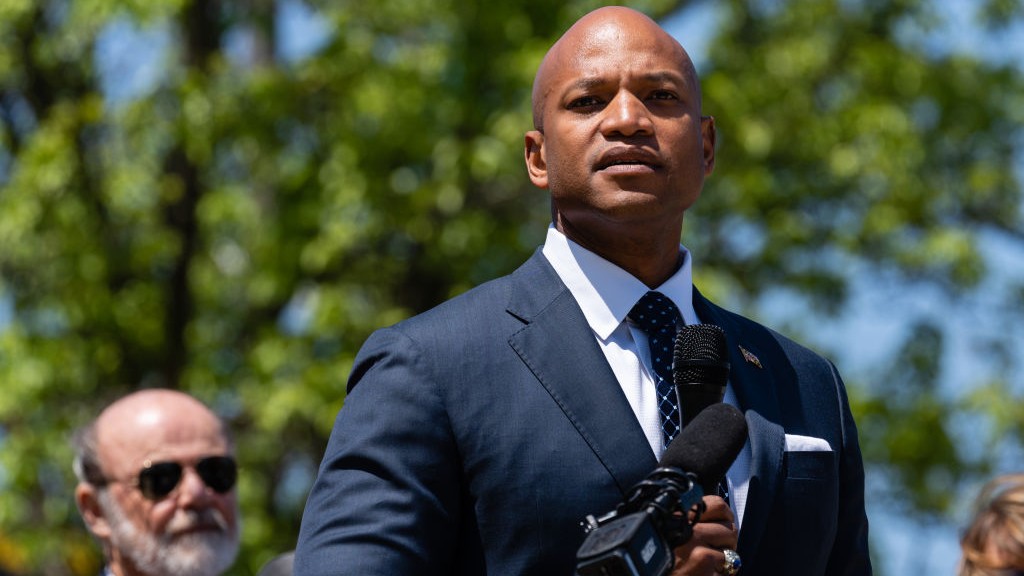
Maryland is moving to adopt new regulations for car manufacturers that would eventually require all new vehicles sold to be electric, Gov. Wes Moore announced on Monday.
The regulation, called the Advanced Clean Cars II rule, is a multi-state effort to improve air quality and lower emissions to combat climate change.
The rule requires manufacturers to increase the share of vehicles sold each year that are electric, rather than gas-powered, so that by model year 2035, all new vehicles sold are electric.
We've got the news you need to know to start your day. Sign up for the First & 4Most morning newsletter — delivered to your inbox daily. >Sign up here.
The regulation was first adopted by California last August, when the California Air Resources Board (CARB) followed a 2020 directive from Gov. Gavin Newsom to phase out gas-powered cars.
Because the Clean Air Act allows California to enforce its own emissions standards for new motor vehicles, and allows other states to adopt California's standards instead of following federal guidelines, the CARB regulation had wide ripple effects for U.S. car manufacturers.
Several states, including Maryland and Virginia, choose to follow California's emissions standards, according to CARB.
The transportation sector is responsible for roughly 53% of Maryland's energy-related carbon dioxide emissions, according to 2020 data from the U.S. Energy Information Administration. That data compared the emissions from the commercial, electric power, residential, industrial and transportation sectors for each state.
The Maryland Department of the Environment (MDE) estimates "83,000 fewer new gas-powered vehicles would be sold under the new rule by 2030, rising to 1.68 million fewer conventional vehicles by 2035," according to a news release from Moore's office about the regulation.
The MDE also estimates that "vehicular and power plant carbon dioxide emission" will be reduced "by more than 82 million metric tonnes" between 2026 and 2040 if the regulation is put into place. That would have health benefits for Maryland residents as well as for the environment, the release said.
"Today, we’re talking about a major transformation that is going to define this administration — and that’s how we turn Maryland from a state powered by oil and gas to a state powered by clean energy," Moore said in the release. "I am confident that the state of Maryland can and will lead the clean energy revolution."
On Monday, when Moore announced that Maryland would adopt the Advanced Clean Cars II rule, the MDE presented the regulation to the Air Quality Control Advisory Council at its first meeting of 2023, according to Moore's release.
The MDE is responsible for air quality regulations in the state of Maryland, with internal and external reviews on proposed changes, and opportunities for input from "stakeholders, other agencies, the general public and other units affected by our regulations," the MDE website says.
"Draft regulations are also brought before the Air Quality Control Advisory Council or the Radiation Control Advisory Board for advice and adoption recommendations," the website says.
The Council and MDE will continue the process to implement the new regulation, "which includes a public hearing and opportunity for public comment," Moore's release said. The aim is for the Advanced Clean Cars II rule to take effect in September.
According to a spokesperson from Moore's office, the regulation would follow the same quotas as California's rule.
"Under the requirements of the federal Clean Air Act, Maryland's rule will follow the increasing percentage of sales required to be electric vehicles in California's rules, increasing yearly to 100% for 2035," they said in an email Thursday afternoon.
Here's how those quotas break down by year in California's plan:
- 35% of new vehicles sold in 2026 must be zero-emissions or plug-in hybrid electric
- 43% of new vehicles in 2027
- 51% in 2028
- 59% in 2029
- 68% in 2030
- 76% in 2031
- 82% in 2032
- 88% in 2033
- 94% in 2034
- 100% in 2035
The rule will not affect the sale of used cars, Moore's spokesperson said.
The Maryland House Republican Caucus released a statement on Monday condemning the decision to move forward with the regulation, calling it a "radical environmental policy."
"It is both unfortunate and counter-productive that Governor Moore has made the false choice to move forward with this radical environmental policy that has not been vetted for its impact on our state," Maryland House Minority Leader Jason Buckel said in the Republican Caucus's statement.




